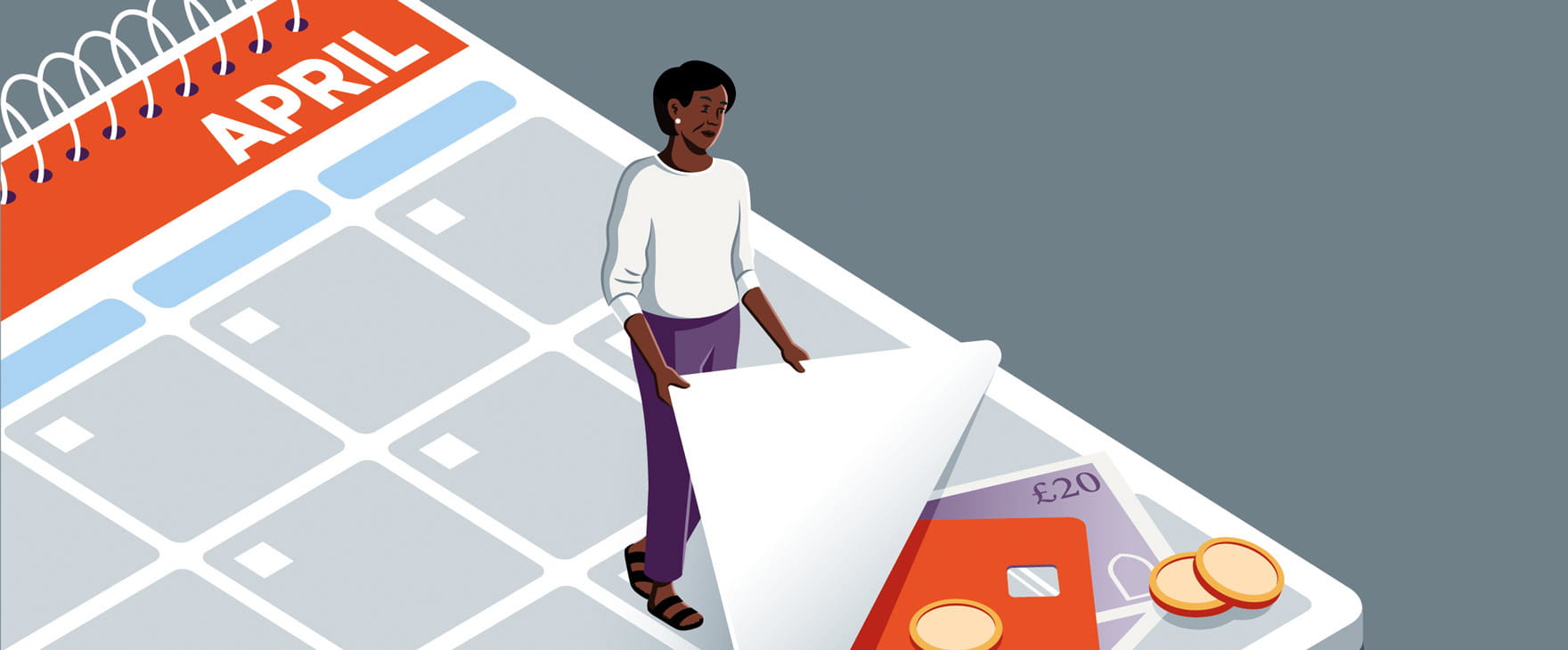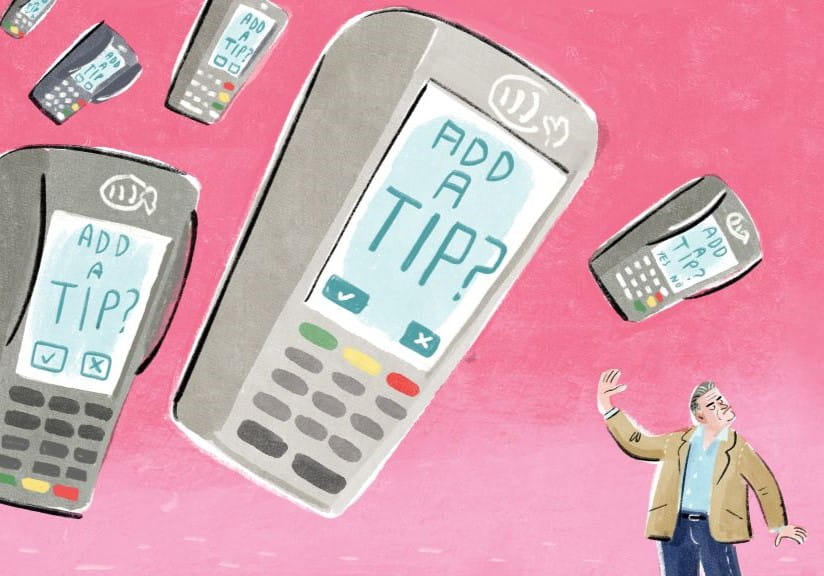
Rachel Reeves’ debut budget – the first ever by a female Chancellor – proved wrong most of the speculations that had filled the 93 days between her announcing the date and it actually arriving.
By and large she did keep her promise not to raise taxes directly on working people. But there were changes that may affect Saga readers.
The Chancellor made three big changes to this most hated tax. The result is that by 2029/30 an extra 30,000 estates will pay it, raising an extra £5.2 billion for the Chancellor.
But the proportion of estates paying it will still be less than one in ten. And no changes in lifetime gifts or passing everything tax-free to a spouse or civil partner were announced.
At the moment, if you leave the unused portion of your pension pot to your heirs, it is not counted as part of your estate. If you die under the age of 75, the recipient can keep or spend it with no tax due at all.
If you die at 75 or older, then they can put the money tax-free in a pension pot, but when they take money out it is added to their income and income tax is charged.
For deaths from April 2027, any money left in a pension pot will be added to the rest of the property, money and possessions. If the total is above the threshold, it will be subject to Inheritance Tax of 40%, and if you die aged 75 or over, the recipient may also have to pay income tax when they withdraw it.
No Inheritance Tax will be due if the pension is left to a spouse or civil partner.
Inheritance Tax thresholds have been frozen since 2009. The last government said they’d remain unchanged until 5 April 2028. Reeves extended that freeze by two years to 5 April 2030.
So, the complex set of thresholds that can range from £325,000 to £1 million, which I have written about before, will not change for another five years.
Agricultural property and business property can currently be free of Inheritance Tax.
There are concerns these concessions are abused, and from April 2026, only the first £1 million between them will be free of tax with everything above that taxed at 20%. Unlisted shares – eg on the AIM market – will no longer be exempt after two years but taxed at 20%.
Apart from that Inheritance Tax change, none of the feared changes to tax relief on pensions happened.
You can still take out 25% of your pension tax-free up to a limit of £268,275. And if you are under 75 and have earnings, you can continue to put up to £60,000 a year into your pension – if you earn at least that much – and get tax relief at your highest rate.

The Chancellor stuck with the Tory policy of freezing tax allowances until 2027/28 instead of letting them rise with inflation, as the law says they should.
This means that each year, as incomes rise, more people pay tax and more pay tax at higher rates.The good news is – contrary to predictions – she did not extend that freeze.
So, from 2028/29, the personal allowance should start rising slightly – from the present £12,570 to an estimated £12,840 and then the next year to £13,110, based on inflation forecasts by the Office for Budget Responsibility.
That will still be way below the £16,960 it should have been if there had been no freeze. The annual limit for putting money into an ISA will stay frozen at £20,000 to 5 April 2030.
Keeping tax thresholds frozen until 2027/28 gives the government a problem. By then, the new state pension will have probably risen to slightly more than the frozen personal tax allowance. So, some income tax will be due on the pension alone, and by 2029/30, the difference will probably be even greater.
Many pensioners already pay tax on some of their state pension. But it will be a big moment psychologically when the new state pension itself is worth more than the tax-free personal allowance.
The penalty for paying tax late will rise from April to 4% above the bank rate. At the moment it is 2.5% above, so at the time of writing, is 7.25%. If the bank rate stays at 4.75%, the penalty rate will be 8.75% from April 2025.
The other major tax change was an increase in the rates of Capital Gains Tax. Few people pay this regularly, but if you sell shares you have held for a long time – perhaps from a privatisation – then you could find you have to pay more tax on the profit or gain that you make.
The rates rose on budget day from 10% of the gain for basic rate taxpayers and 20% for higher rate taxpayers to 18% and 24% respectively – bringing them to the rates charged when you sell a property you do not live in.
The first £3,000 of any gain is ignored and you can deduct expenses, but this change could mean a much higher tax bill on those occasions when the tax hits you. It will bring in £1.4 billion more in 2025/26.
Drivers will be pleased that the freeze on the duty charged on petrol and diesel will continue for another year, along with the 5p discount introduced two years ago, which was due to end in March.
However, people under pension age who use a local bus in most parts of England outside London will pay more.
The cap that has kept single fares down to a maximum of £2 will rise to £3 from January. But there will be no restriction on the free bus travel for people aged 66 or more – or younger in some parts of the UK.
More detail on what the Budget means for you
Saga Money has more detail about what the Budget means in practice, including ways that you can gift money in an (inheritance) tax-efficient way, changes to the Carer's Allowance and the latest on ISAs.
Paul Lewis is a prize-winning financial journalist and presenter of Money Box on Radio 4. He also writes extensively on personal finance and money matters for Saga Magazine, the Financial Times, Money Marketing and a wide variety of other publications.
Paul is the author of numerous books including Beat the Bank, Pay Less Tax and Money Magic.He has won a lifetime achievement award from the Association of British Insurers, and been named Consumer Pension and Investment Journalist of the Year.


With our Stocks & Shares ISA and General Investment Accounts. Capital at risk.

The ultimate guide to Saga Puzzles, full of technical tips, tricks and hints.

With the start of the new financial year on 6 April, our money expert explains the changes to your pension, benefits and taxes.





